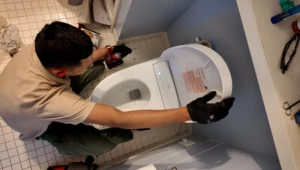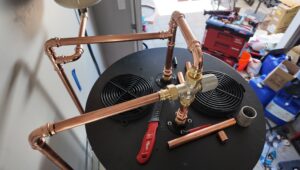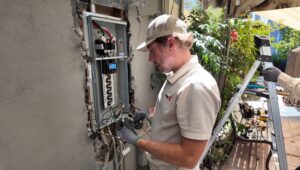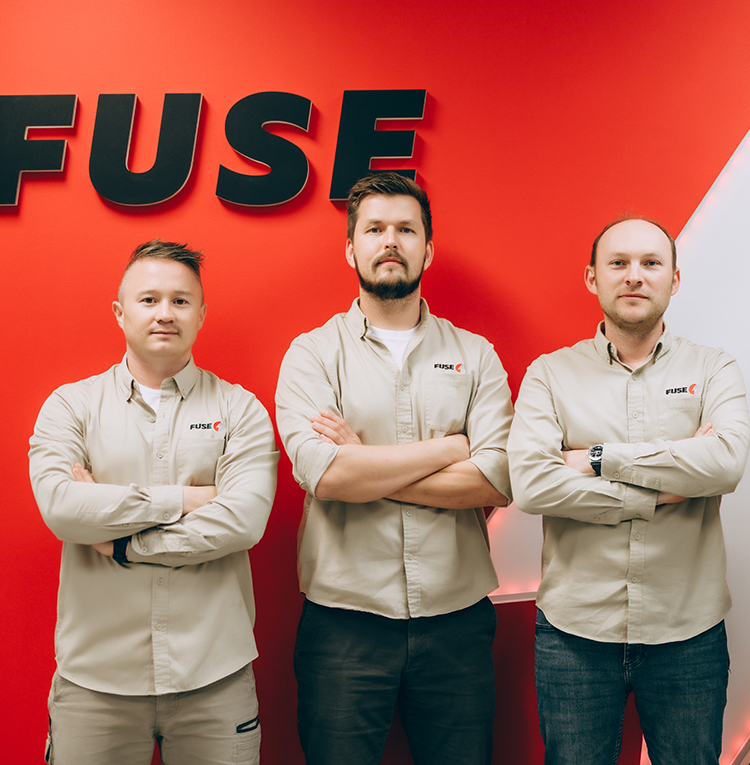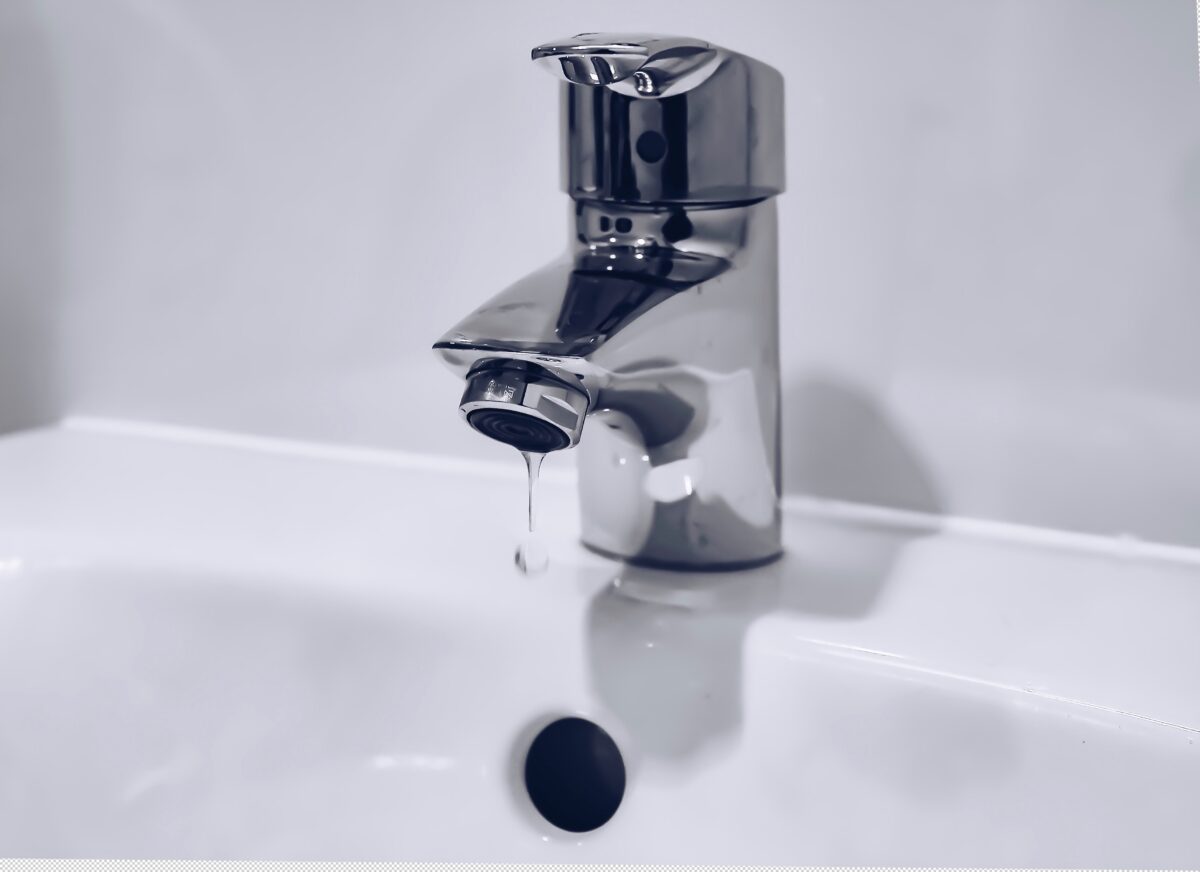 Water pressure is an essential aspect of any plumbing system. It ensures that water flows efficiently through pipes and reaches every corner of our homes. However, if you’re experiencing low water pressure in San Jose, it can be frustrating and inconvenient. This article aims to explore the various factors that can cause low water pressure in San Jose and provide practical solutions to fix it. So, let’s dive in and understand what might be causing this issue and how you can address it effectively.
Water pressure is an essential aspect of any plumbing system. It ensures that water flows efficiently through pipes and reaches every corner of our homes. However, if you’re experiencing low water pressure in San Jose, it can be frustrating and inconvenient. This article aims to explore the various factors that can cause low water pressure in San Jose and provide practical solutions to fix it. So, let’s dive in and understand what might be causing this issue and how you can address it effectively.
Understanding the Causes of Low Water Pressure
Aging Pipes
One of the primary reasons for low water pressure in San Jose homes is aging pipes. Over time, pipes can deteriorate, corrode, or accumulate mineral deposits. This can result in reduced water flow and pressure. Older homes with outdated plumbing systems are particularly susceptible to this issue. If you suspect that aging pipes are the cause of your low water pressure, it might be time to consider a pipe replacement or upgrade.
High Demand on the Water System
During peak usage times, such as mornings or evenings, when many households are simultaneously using water, there might be a strain on the water system. This increased demand can lead to a drop in water pressure. If you notice that your water pressure is significantly lower during specific times of the day, it could be due to high demand in your area. While you cannot control the overall water usage in your neighborhood, there are ways to mitigate the impact on your own water pressure.
Water Leaks
Undetected water leaks can be a hidden culprit behind low water pressure. Leaky pipes or fixtures can result in water loss and diminished pressure throughout your plumbing system. It’s essential to regularly check for any signs of leaks, such as wet spots, mold growth, or unusually high water bills. If you suspect a leak, it’s advisable to call a professional plumber to locate and repair the issue promptly.
Mineral Buildup and Sediment
San Jose’s water supply contains minerals like calcium and magnesium, which can accumulate in pipes and fixtures over time. This mineral buildup, also known as limescale, can restrict water flow and reduce pressure. Additionally, sediments like sand, dirt, or rust particles can enter the water supply and cause blockages in the plumbing system. Regular maintenance and periodic cleaning can help prevent mineral buildup and sediment-related issues, ensuring optimal water pressure.
Faulty Pressure Regulator
A pressure regulator is a valve that controls the water pressure entering your home. If this component malfunctions or becomes defective, it can lead to fluctuations or low water pressure. Checking and adjusting the pressure regulator can sometimes solve the problem. However, if the regulator is faulty, it may need to be replaced by a professional plumber.
How to Fix Low Water Pressure in San Jose
- Replace Aging Pipes. If you live in an older home with aging pipes, replacing them might be the most effective solution for resolving low water pressure issues. Consult a licensed plumber to assess the condition of your pipes and determine if a replacement is necessary. Modern pipes, such as copper or PEX, offer improved durability and better water flow, ensuring adequate pressure throughout your home.
- Install a Pressure Boosting System. In cases where the water pressure from the main supply line is consistently low, installing a pressure boosting system can provide a reliable solution. These systems work by increasing the pressure of the water as it enters your home. A professional plumber can evaluate your specific requirements and recommend the appropriate pressure boosting system for your needs.
- Check for and Repair Leaks. Regularly inspecting your plumbing system for leaks is crucial to maintaining optimal water pressure. Start by checking visible pipes, faucets, and fixtures for any signs of leakage. If you notice water pooling, dripping sounds, or damp spots, it’s likely that there’s a leak. In such cases, it’s best to contact a professional plumber who can locate and repair the leak to restore normal water pressure.
- Clean Faucet Aerators and Showerheads. Mineral buildup and sediment can accumulate in faucet aerators and showerheads, causing clogs that restrict water flow. Cleaning these fixtures regularly can help improve water pressure. Remove the aerators and showerheads and soak them in a solution of vinegar and water to dissolve the mineral deposits. Use a brush to scrub away any remaining residue before reinstalling them.
- Flush the Water Heater. If your low water pressure is specific to hot water, your water heater might be the culprit. Sediments can accumulate in the tank over time, affecting its efficiency and reducing water pressure. Flushing the water heater annually can help remove these sediments and improve its performance. Refer to your water heater’s manual or consult a professional plumber for proper flushing instructions.
- Adjust the Pressure Regulator. If you suspect that the pressure regulator is causing low water pressure, it’s worth checking its settings. Locate the pressure regulator, which is usually installed near the main water supply line or water meter. Using a wrench, you can adjust the pressure by turning the adjustment screw clockwise to increase pressure or counterclockwise to decrease pressure. Be cautious while making adjustments and consult a professional if you’re unsure.
- Contact Your Water Provider. In some cases, low water pressure might be a result of issues with the municipal water supply. If you’ve exhausted all other possibilities and are still experiencing persistently low water pressure, it’s advisable to contact your water provider. They can investigate if there are any known issues or maintenance work affecting the water pressure in your area.
Conclusion
Low water pressure in San Jose can be a frustrating problem, but it’s not insurmountable. By understanding the common causes and implementing the appropriate solutions, you can restore optimal water pressure in your home. Whether it’s replacing aging pipes, installing a pressure boosting system, or addressing leaks and mineral buildup, taking proactive steps will ensure a steady and reliable water flow. Remember, if you’re unsure or unable to resolve the issue on your own, don’t hesitate to seek professional assistance — we are always happy to help. You can reach us at (408) 898-1576 or support@fuseservice.com. Enjoy the benefits of improved water pressure and a smoothly functioning plumbing system in your San Jose home.


